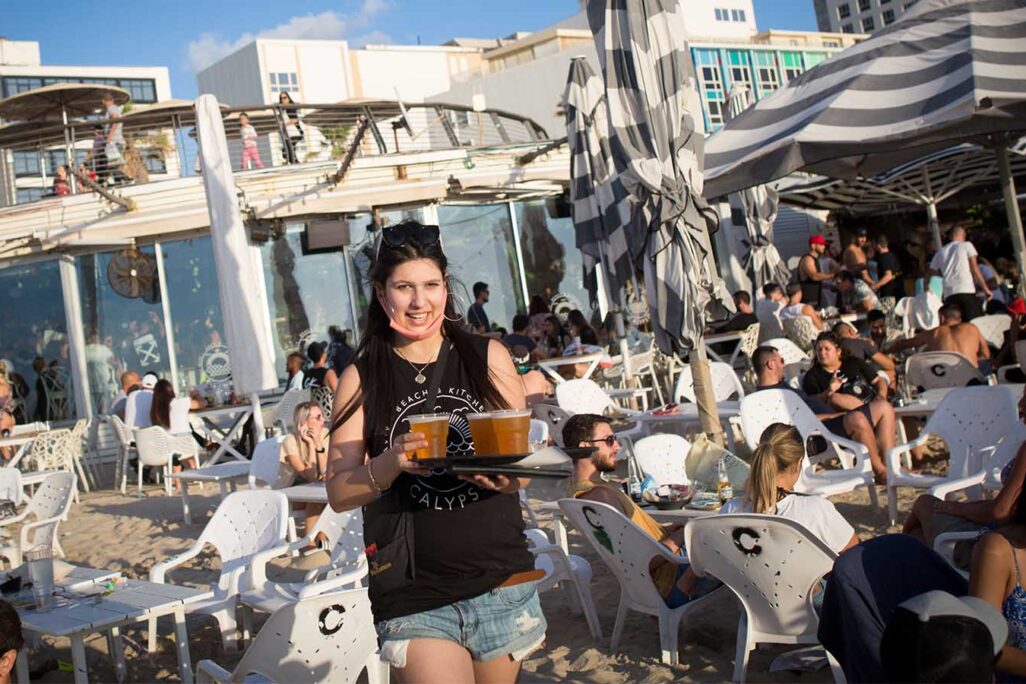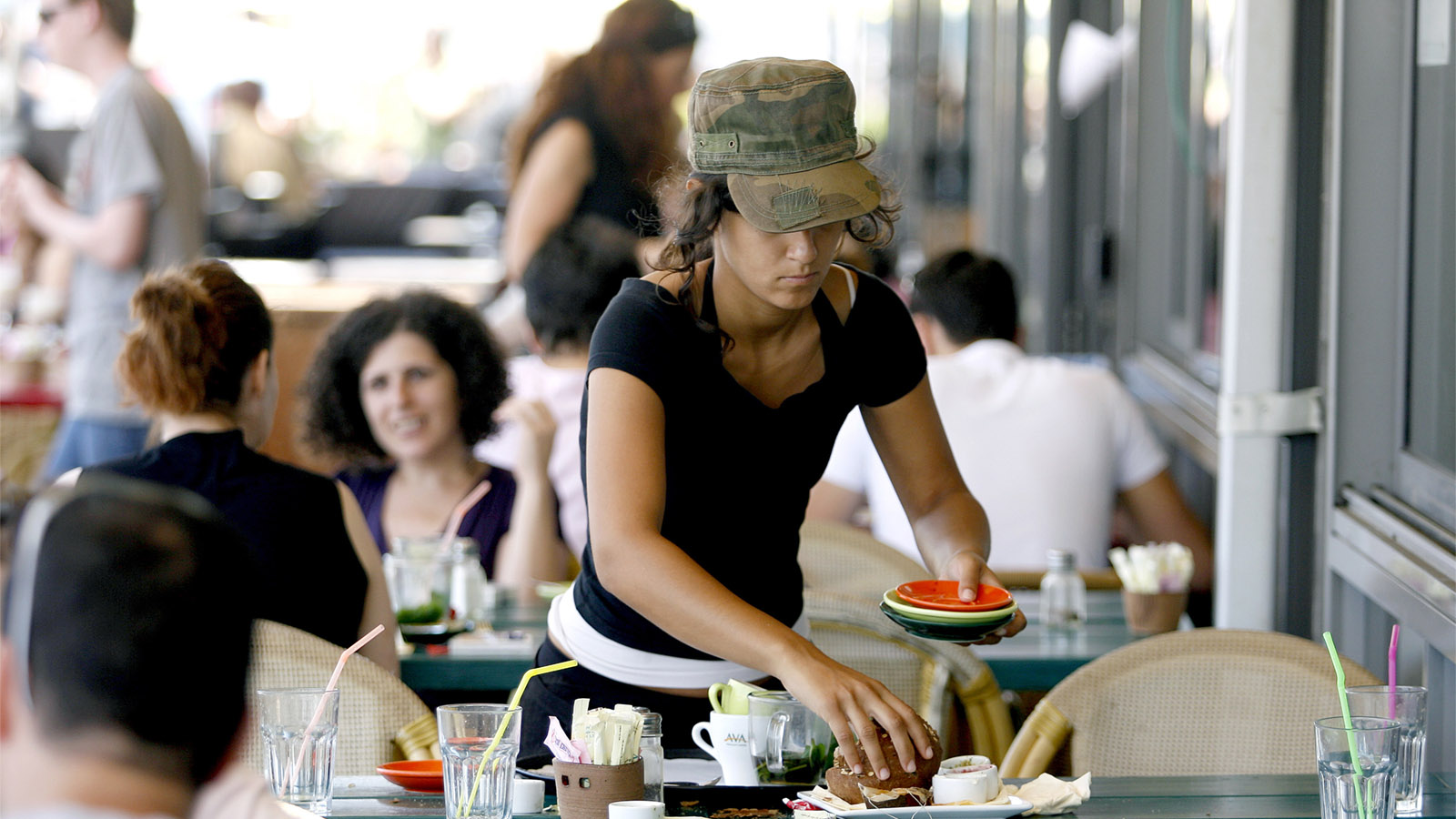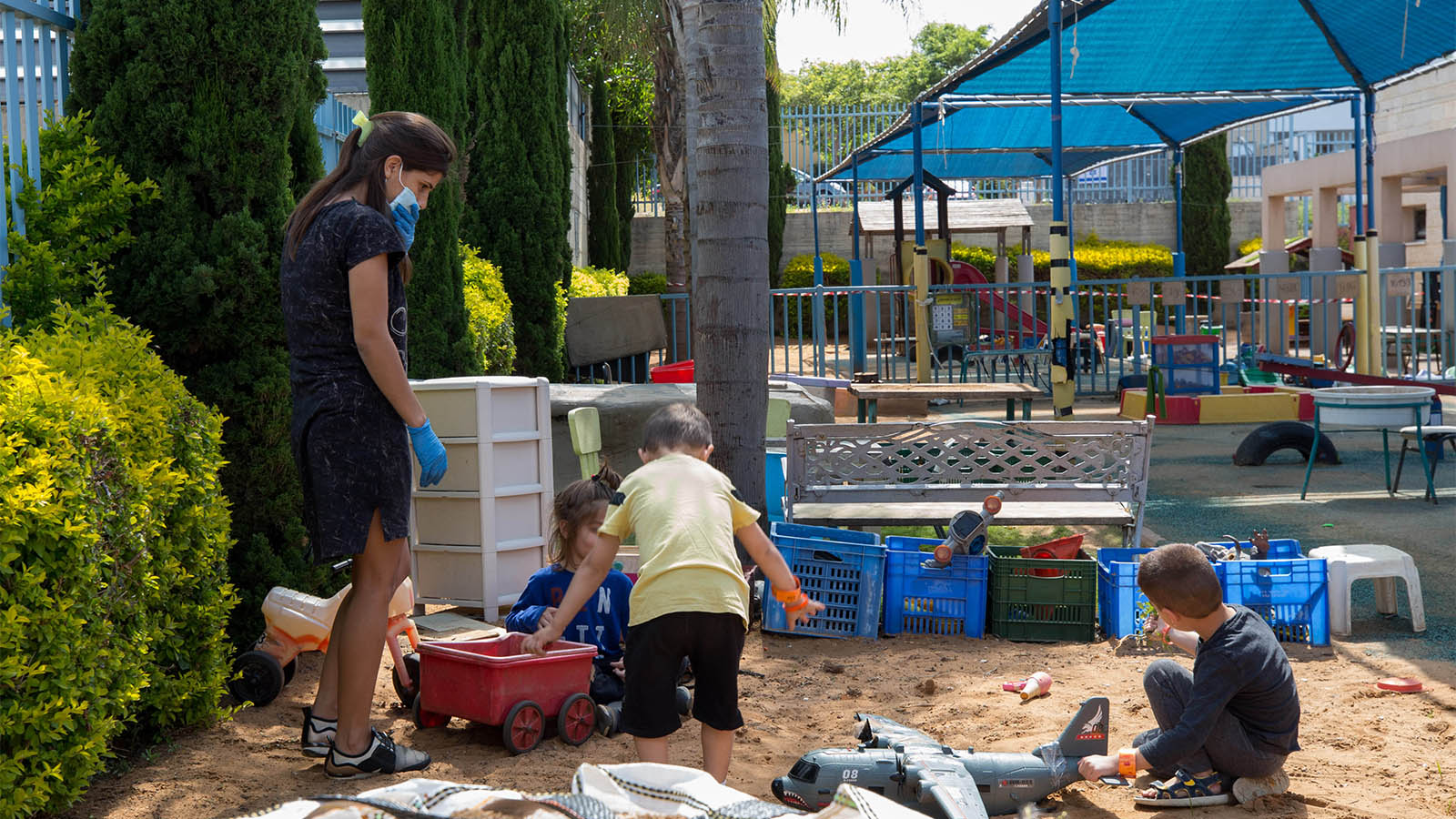
The coronavirus crisis has taken its toll on the financial stability of many Israelis, but young workers have been some of the hardest hit by the economic fallout. Even though the lockdown has been lifted and most businesses have reopened, many young people in Israel face grim financial prospects. It is indeed a global phenomena, but in Israel young workers face compromising regulation. 46 percent of job-seekers in Israel are under the age of 34.
The economy is forecast to contract in the coming months, with a long recession expected to last at least until the end of 2020. Lower demand and widespread business closures means that many young people will face unemployment in the coming months – but unlike past recessions they may not be entitled to unemployment benefits (granted by age and family status), leaving many to cope with no income at all.

"We’ve been told that we’ll be rehired at the end of June, assuming that we don’t have a second wave," said Lia Margarita Levov, who works as a barmaid at a pub in the north of Israel. "I was furloughed from day one. Obviously, I’ve used up the limit of my unemployment insurance, so I’m living off my savings now."
Many young workers like Levov are employed in some of the hardest hit industries, including tourism and leisure, which employ a total of 41 thousand workers in Israel.
My age group has really been hit hard."
"People try to get by," said Levov. "Some people reach really dire situations because of this crisis. One of my friends has dropped out of collage because she just can’t afford to go on studying. She’s looking for a new job now. Some of my other friends are moving back in with their parents."
Israeli unemployment insurance is one of the shortest among OECD member countries, with eligibility periods decreasing with the age of the worker. Young people up to the age of 25 are eligible for less than two months of benefits. After the age of 28 eligibility increases, but only to 9 weeks of benefits. However, many young people have already used up the limit of their annual unemployment benefits while on furlough, which means that a large number of young workers will soon find themselves ineligible for unemployment benefits, and with no job prospects.
"The area where I live depends economically on tourism. I studied winemaking, and I was supposed to start a new job in September, but if the tourism industry goes back into lockdown I won’t even have that."

Stav (23), from Tel Aviv, has been working at a youth hostel reception, and like many other workers in the tourism industry was furloughed in early March. Last week she was called into work, only to be informed that she would be losing her job. The hostel had decided to lay off half of its workforce, and unfortunately for Stav, she would be let go.
"I just realized that while I was on furlough I’d used up the extent of my benefits," she said. "I’m trying to be creative in searching for work, but it’s not easy. Not many places are looking for new workers."
In two months’ time Stav will be setting off to New York to start a degree, but in the mean time she has been forced to use up her savings to manage. "I asked my landlord if I could have a rent reduction just for a short period, but he refused. I’m looking for part time jobs or one off things. I’ve been doing some babysitting, and occasional video editing jobs, but there’s very little out there. Most of my friends are in a similar situation. My age group has really been hit hard."
Vicky (30), from Jerusalem has been working part time in a kindergarten for the past few years. She has been back at work since the education system returned to full operation last month, but she is worried of what might happen over the summer. Part time kindergarten workers are put on furlough during the summer holidays, and receive unemployment benefits. However Vicky, along with many other workers, is no longer eligible for unemployment benefits, after using them up during the lockdown.

"I do my best to get as much work as possible. I try to go in every day, but it really depends on what they need," she said. "I have no idea what I’ll do over the summer. I’ll be left with no income, with two daughters at home. I’m trying to figure out what work I can do."
Many low income jobs, particularly in education, are based on a system of summer layoffs. About 20 thousand workers in Israel are regularly laid off over the summer and are rehired in September, relying on unemployment benefits to reach the new academic year. These workers will now be faced with two months without income, having used up their annual unemployment benefits during the lockdown.
"We’ve been using up our savings since March," said Vicky. "Without them we wouldn’t have managed. It’s an unbearable situation. We’ve got so many expenses, and my husband is in the same situation as I am."






